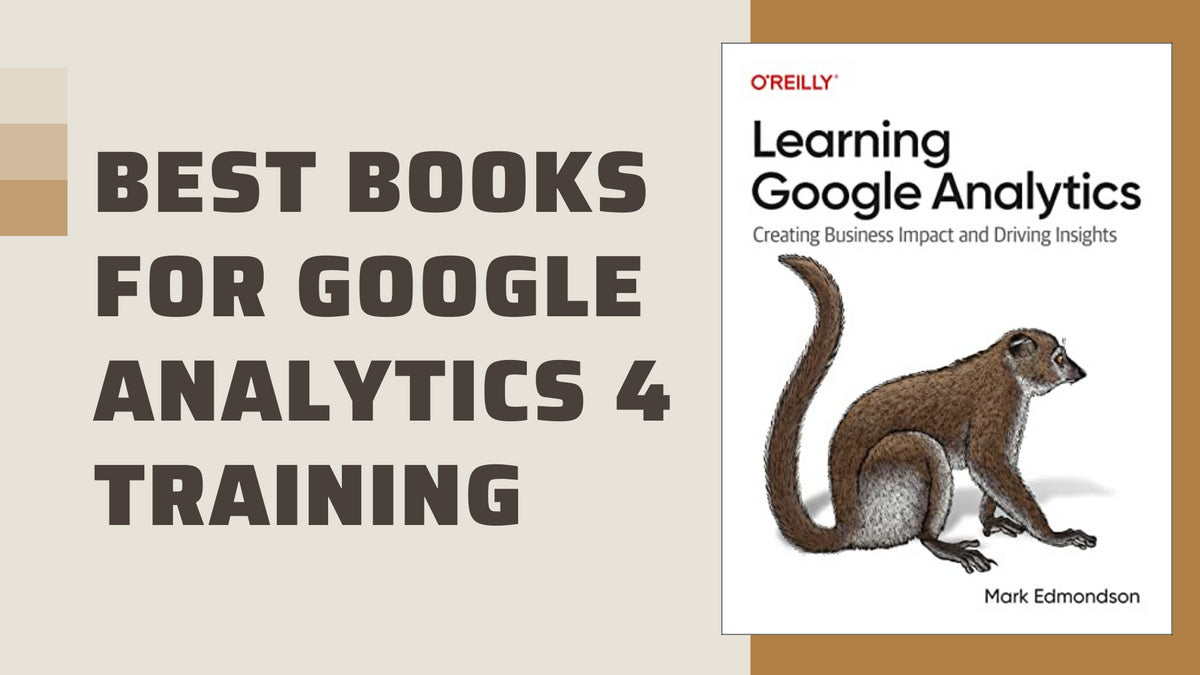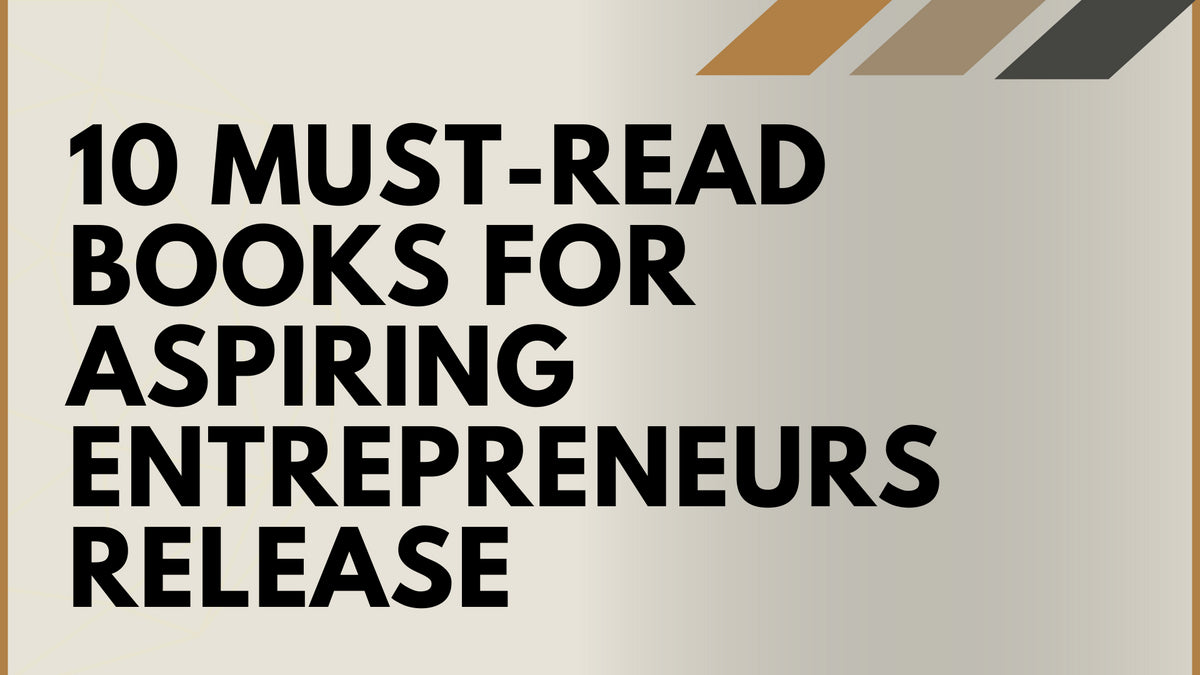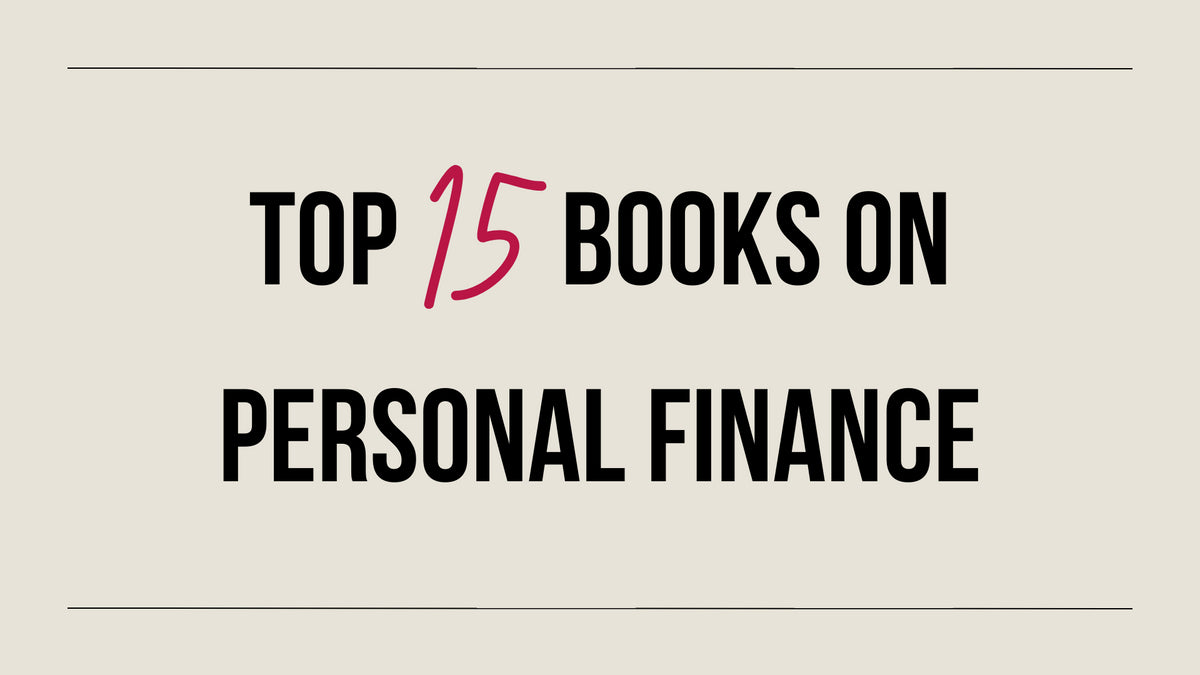Your Cart is Empty
The Happiness Advantage Book Summary: Why Positivity Leads To Success
Listen To This Article
Happiness Makes You More Productive At Work
In The Happiness Advantage, Shawn Achor explains, “Happiness is not just a mood--it’s a work ethic.” As you learn how to focus on finding something positive about the work that you’re doing, you’ll feel happier about it and improve your performance.When you’re happy, you’ll improve your ability to notice positive patterns, those that suggest possibilities and offer opportunities. And when you’re happy, you won’t have to rely on willpower alone to get things done; instead, your improved pattern recognition skills will allow you to enjoy the momentum that arises when you pick the path of least resistance.
Learn To See Positively
- How happiness can positively impact your performance
- Retraining your brain to look at the world differently
- Turning failure into something beneficial is paramount
- The difference between goals and benchmarks towards those goals
- The importance of building strong relationships

Featured In This Review
The Happiness Advantage
$12.99
The book about how to be happy and why it makes the most successful people. Learning to change the way you see the world can improve your life without actually improving your life. Our understanding is that this book is now used as curriculum at Harvard.
SHOP NOWThe Happiness Advantage Book Summary
The thesis of The Happiness Advantage is that most people have the happiness formula in reverse. Society has instilled the belief at an early age that happiness is a reward for success. But positive psychology research suggests that success is the effect, not the cause of happiness. In other words, happiness creates success rather than the other way around. The more positive you feel about anything, the better your performance of it will be.
While the idea of the benefits of a positive mental attitude is not new—if you define positivity as feeling happy about doing something, loving the act of engaging with it—what is novel is that cultivating happiness is not just a good philosophy but a science-based fact. Researchers found happy people were more successful than their unhappy counterparts. Another book that fully supports this concept, but comes at it from a different perspective is Drive.

Success is not only about grit and determination, but it’s also about adopting a positive perspective on something. Genuinely backing up your point of view with a feeling of happiness pays handsome dividends. You’re not focusing on faking it until you make it--you’re focusing on loving doing it. The book GRIT talks both about determination and passion. It’s very important to have both, but hard to find.
Achor guides the reader through seven principles to practice the science of happiness:
The First Principle Is the Happiness Advantage: You can acquire a happier brain by retraining it. A happier brain performs better than a neutral or a negative one. You can retrain your brain through meditation, positive expectancy, practicing kindness, thinking positively about the world, exercising regularly, practicing financial generosity, spending more on experiences than on things, and developing your natural strengths. Another great book about this is Stumbling On Happiness.

The Second Principle Is the Fulcrum and the Lever: The world is fluid, not fixed. Reality shifts and changes. It is relative. So when learning how to do something, train yourself to have a growth mindset. Give up any tendency to have a fixed, or rigid, mindset. This is again supported by the book Be Fearless.
The Third Principle Is the Tetris Effect: If you play Tetris for a few hours, when you look up from the game, you initially see the surrounding scenes around you as an arrangement of Tetris blocks. You can take advantage of your mind’s nature to make patterns by training your brain to notice the positive patterns in any situation.
Want to buy a book review like this?
Click here to learn how to get your book reviewed!
Train your brain to be happier, to be more grateful, and to be more optimistic. Initially, this will be difficult, but after sufficient conscious practice, you’ll do it automatically.
The Fourth Principle Is Falling Up: After a failure, try to learn the lesson you learned from your mistakes. Instead of falling down after a mishap or calamity, you’ll start falling up. In the long run, your failure will have given you invaluable insights on how to be more successful.

So your task after a failure is not to focus on the fall, but to focus on how to get back up. Adversity becomes your friend rather than your enemy, a blessing rather than a curse, a step forward rather than a step back. The ultimate book one this subject is Antifragile.
The Fifth Principle Is the Zorro Circle: Like the fictional masked vigilante Zorro, you have to circle around your success. You can do this by focusing on a small goal, celebrating it, and then moving on to a slightly bigger goal. As you continue in this way, you’ll continually achieve bigger, more impressive goals.
If you choose a large goal at the outset, you are most likely to feel intimidated by the enormity of the task and give up any hope of ever reaching it - but if you choose a small goal, it will seem far more manageable. In short, start small, build up your confidence, and then keep increasing the size of your goals. A lesser known, but excellent book that dives into this topic very well is Make it Happen Before Lunch.
The Sixth Principle Is the “20 Second Rule”: We do not have as much willpower as we like to believe. Over the course of the day, it gradually gets depleted because we get mentally exhausted and physically worn out.
So, don’t focus on improving your willpower, focus on improving your habits. Good habits require less energy to activate and the better you are at building a habit, the easier it will be to sustain the actions you need to achieve your goal. The book The ONE Thing shares several examples of how to improve willpower, but also how it affects the quality of our work. It’s a highly recommended, wonderful read.

The Seventh Principle Is Social Investment: The more challenging your life or your environment becomes, the more inclined you are to isolate yourself and limit your social engagements. Successful people fight this natural inclination of withdrawal. They cultivate great relationships with family members, colleagues, and friends, and use the energy from these positive interactions to propel their lives forward. While it’s easy to foster positive relationships when things are going well for you, it’s essential to sustain them when facing tough times.
If this book sounds interesting you would also enjoy The Workplace Engagement Solution by David Harder. If worrying is keeping you from happiness, you would enjoy How To Stop Worrying And Start Living.
About The Author Shawn Achor
Shawn Achor has lectured in 42 countries on the science of happiness, teaching its practical benefits in improving performance in business and in life. A veteran in the field, some of the top pioneers in positive psychology trained him.
A Harvard graduate, Achor became a head teaching fellow and designed and taught the happiness course at Harvard. In fact, it became one of the most popular classes at the school.
He’s currently the CEO of Aspirant, a research and consulting firm that teaches clients how to apply the principles of positive psychology to create a more productive workplace, one that fosters individual achievement.
Want to buy a book review like this?
Click here to learn how to get your book reviewed!
Leave a comment
Comments will be approved before showing up.
Also in Books

The Best Books for Google Analytics 4 (GA4) Training
Unlock the secrets of Google Analytics 4 with our curated list of the best GA4 training books for 2023! Dive deep into actionable insights, master advanced techniques, and lead the digital analytics revolution. Don't get left behind; discover the ultimate resources to dominate GA4. Click now to elevate your skills!
Read More
10 Must-Read Books for Aspiring Entrepreneurs
Do you dream of starting your own business? If so, you need to read this article! We've compiled a list of 10 must-read books for aspiring entrepreneurs. These books will provide you with the knowledge and inspiration you need to turn your dream into a reality. Click here to read the article and learn more!
Read More
Top 15 Books on Personal Finance
Are you looking for a safe and informative place to learn about personal finance? If so, you've come to the right place! This article discusses the top 15 personal finance books on the market, all of which are sure to help you improve your financial situation without any explicit sexual descriptions or that is sexually suggestive in nature or is primarily intended to cause arousal.
Read More